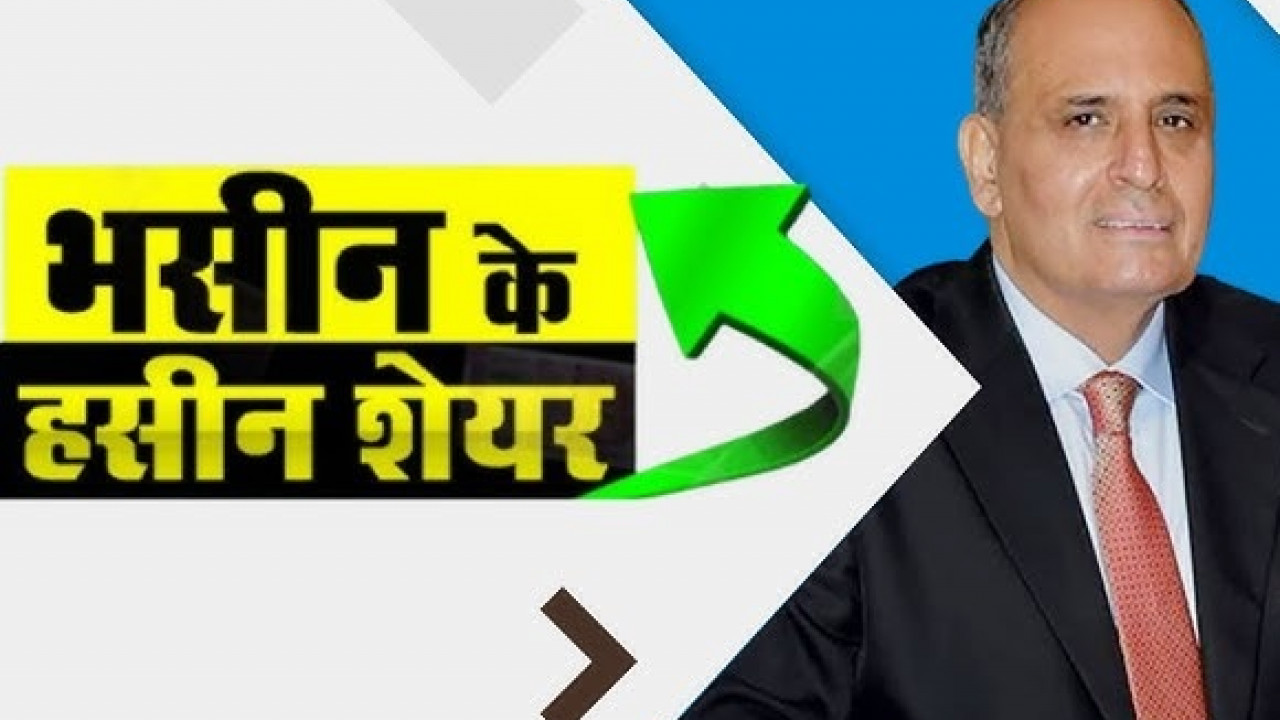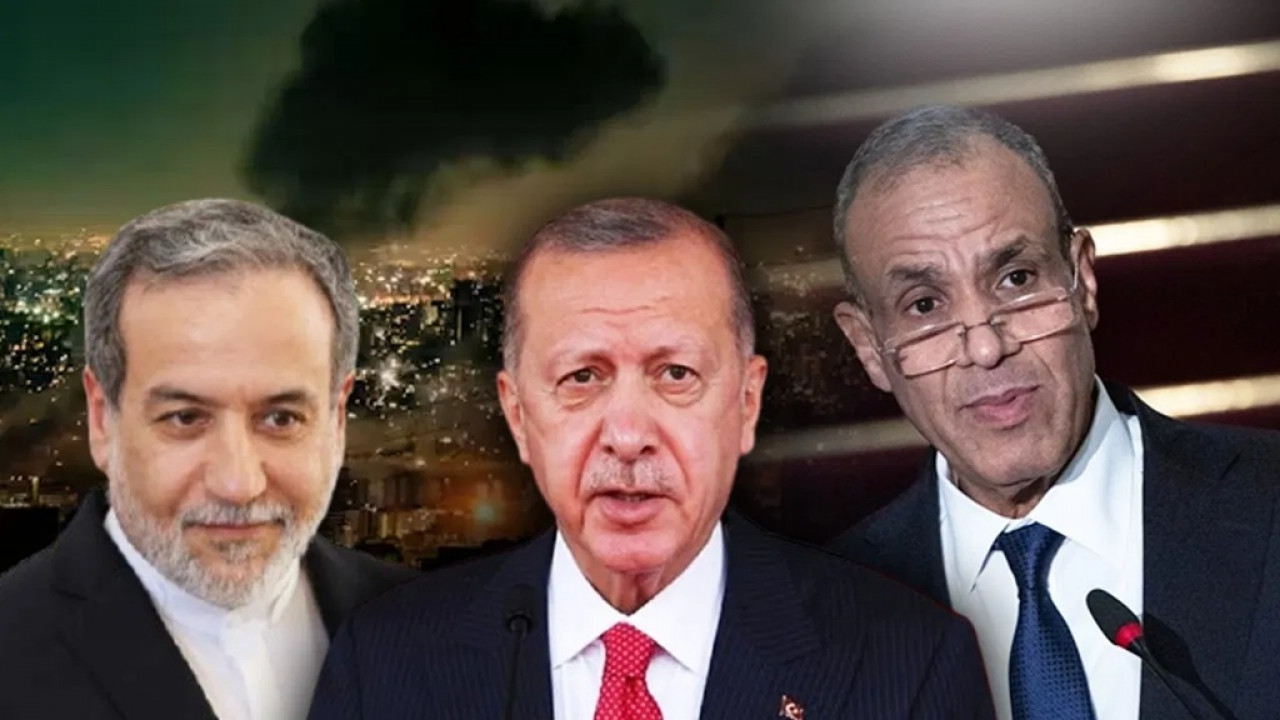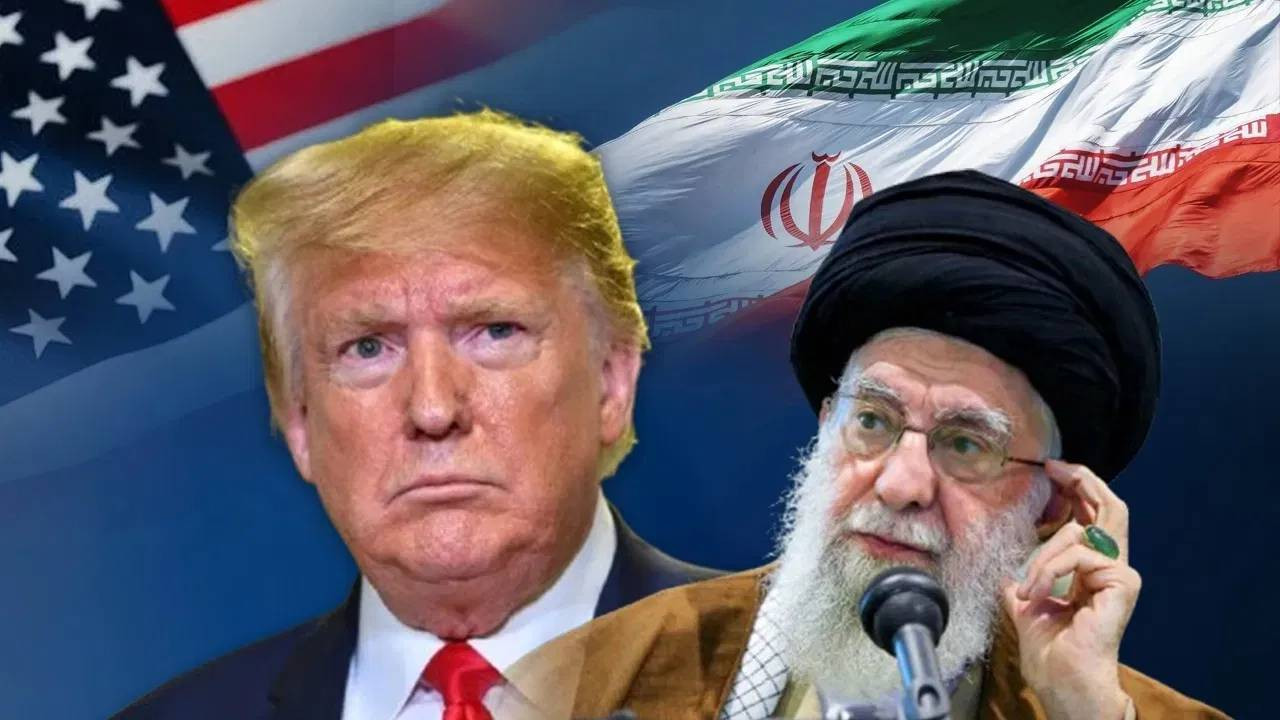Business News: Sanjeev Bhasin, a renowned name in Indian financial markets, served as Director and later Consultant at IIFL Securities from 2017 to 2024. Known for his TV appearances on channels like ET Now and Zee Business, he amassed millions of followers by providing stock tips. However, SEBI's recent probe revealed that Bhasin was involved in “front-running” — buying stocks ahead of public recommendations to gain huge profits.
Manipulation Exposed in SEBI Probe
SEBI’s investigation from January 2020 to June 2024 found that Bhasin and his associates first purchased stocks privately and then advised the public to buy the same stocks on TV and social media. This artificial demand boosted prices, allowing them to sell for substantial gains. Evidence from WhatsApp chats, call records, and trading data was seized during multiple raids in June 2024.
A Network of Collusion
The scam involved 12 accused including Bhasin’s cousin Lalit Bhasin, brokers, and companies like Venus Portfolio and Gemini Portfolio. These entities helped execute the trades, amplifying illegal gains amounting to 11.37 crore. SEBI’s interim order bans all accused from trading and orders confiscation of the illicit funds, to be held under SEBI’s control.
Astrology and Evasion Tactics
Interestingly, just before SEBI’s ban, Bhasin started a new Instagram account offering astrological advice, possibly to divert attention from the investigation. This unexpected career pivot raised eyebrows, highlighting the lengths taken to evade regulatory scrutiny.
Industry Shock and Investor Caution
This scandal has rattled investor confidence and highlighted risks of blindly following market experts. Analysts warn investors to be cautious about stock tips on TV and social media, urging them to do their own research and beware of “pump and dump” schemes designed to manipulate prices.
IIFL’s Response and Future Outlook
IIFL clarified that Bhasin was no longer associated with the firm since late 2024 and had informed them about the SEBI probe. The regulatory body has given the accused 21 days to respond, after which a permanent ban could be imposed, further tightening market oversight.












